Posted on April 29, 2024, the CDC Study of Healthy Relationships Project is now featured on the National Library of Medicine’s Clinical Trials page. This significant development underscores ongoing efforts in child sexual abuse prevention and highlights the importance of evidence-based approaches in safeguarding children.
The Healthy Relationships Project (HRP), developed and implemented by Prevent Child Abuse Vermont since 1990, is a renowned primary prevention program with a presence in over 30 states. Notably, in Vermont, the HRP has contributed to a significant reduction in instances of child sexual abuse, showcasing its effectiveness in protecting children.
The study, conducted in collaboration with Safe Shores, the Child Advocacy Center for Washington, DC, aims to evaluate the impact of the HRP on preventing child sexual abuse among pre-kindergarten through fifth-grade students. Utilizing a mixed-methods stepped wedge randomized trial design, the study involves 16 public charter schools in high-need areas.
Key objectives of the evaluation include:
Aim 1: Assessing the effectiveness of the Healthy Relationships Program in reducing reports of child sexual abuse within participating schools.
Aim 2: Evaluating the program's influence on enhancing key intervention mechanisms among caregivers and teachers.
Aim 3: Conducting a qualitative assessment of the program's sustainability, with input from community stakeholders.
To learn more, the ClinicalTrials posting can be found here.
The mission of PCAVT is to promote and support healthy relationships within families, schools, and communities to eliminate child abuse. Serving Vermont began as Parents Anonymous of VT in 1976 and has grown to have a helpline and 3 main programmatic areas: Child Sexual Abuse Prevention, Family Support Programs, and the Safe Environments for Infants and Toddlers Program. PCAVT partners with organizations across Vermont, and many more both nationally and internationally. PCAVT’s programs are skills based, teaching adults how to nurture healthy development in children, and emphasize adult responsibility for keeping children safe.

